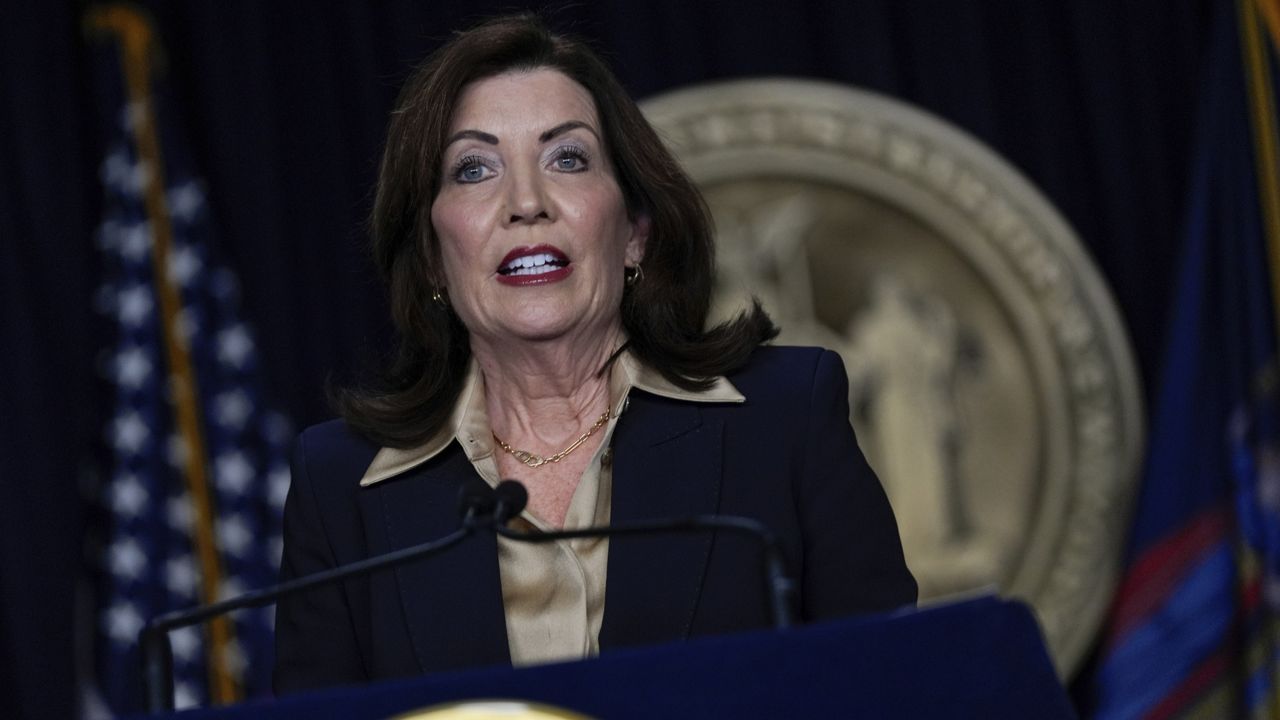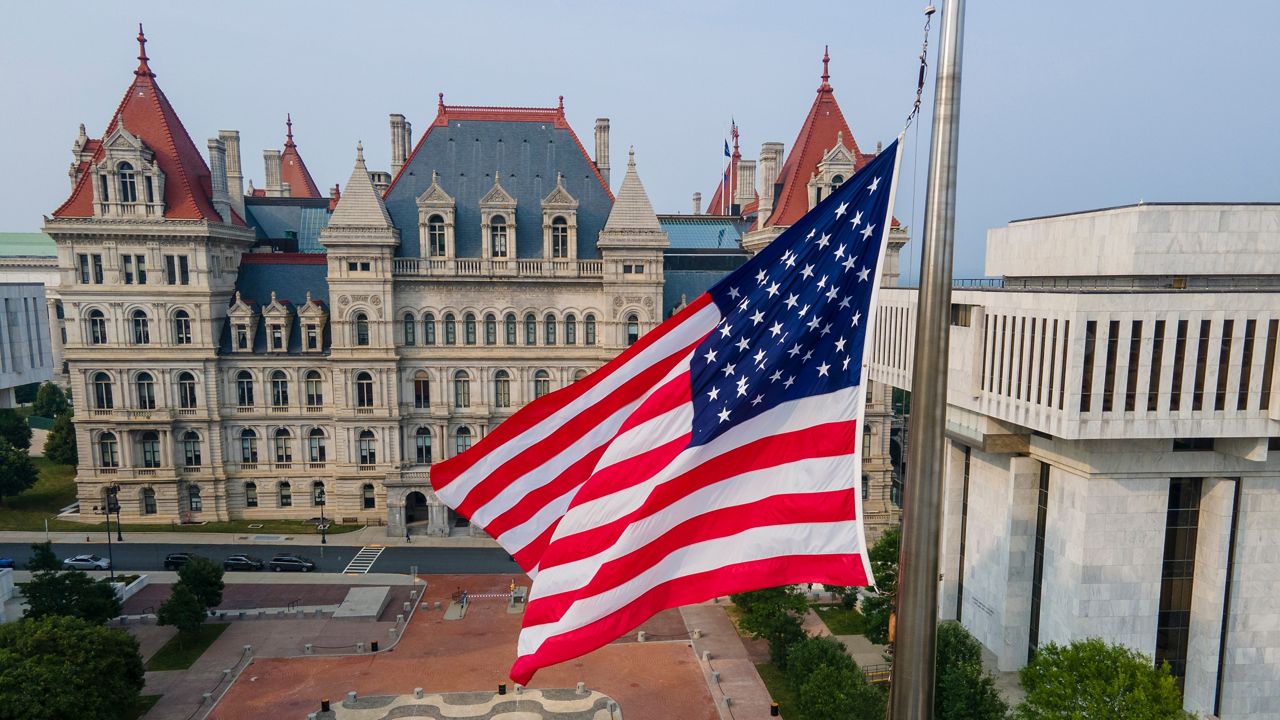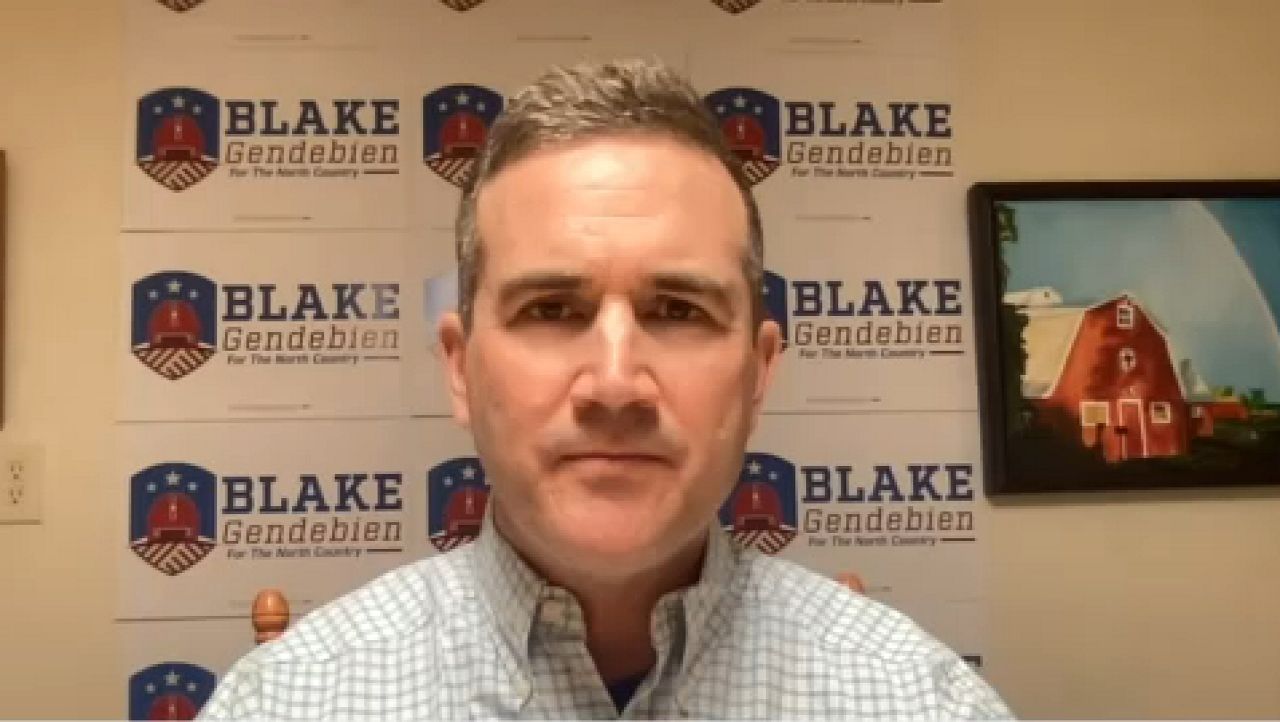It's an irony of Albany's budget timeline: Sunshine Week, or time dedicated each March to advocate for expanded government transparency across the nation, typically lines up with the release of both houses of New York's Legislature's budget proposals – commencing government negotiations largely done in secret.
More than 30 good-government groups sent a letter this week to Gov. Kathy Hochul and legislative leaders, pushing them to strengthen New York's Freedom of Information Law. They argue the state's FOIL system is broken and must be fixed, urging lawmakers to pass bills to expedite the public records request process.
Sen. Brad Hoylman-Sigal sponsors bills to require state agencies annually publish statistics about their FOIL compliance, and require businesses working with the government reapply for record disclosure exemptions.
"That's so important for our democracy, which is struggling at so many different levels – state, local and federal," said Hoylman-Sigal, a Manhattan Democrat.
Accessibility of public records is a timely discussion in Albany as state leaders start serious budget negotiations. With New York is known for a political climate clouded by corruption and deals behind closed doors, the bar for transparency is low.
Less than a third of state agencies included FOIL data in 2022 transparency plans, and most departments take more than 20 days as required by law to provide requested public records, according to Reinvent Albany.
"Unfortunately, FOIL isn't being treated like a public service – it's kind of an afterthought," Reinvent Albany Senior Policy Advisor Rachael Fauss said. "It's something that agencies have to do because the law says they have to release these documents. We'd like to see the way that it's thought about flipped, and it be treated like a public service."
When Gov. Hochul took office, she promised to improve transparency from her predecessor and make FOILed documents public, but little changes have been implemented since.
The state budget process remains largely out of public eye, with a shorter period in New York for budget adoption compared to most other U.S. states.
But in deviation from her predecessor, Hochul has shed light on budget talks for state Republican leaders in the minority – meeting with them during ongoing spending talks.
"I appreciate having that conversation," Assembly Minority Leader Will Barclay told reporters this week in Albany. "Obviously, I don't think we should be negotiating a budget with three people in the room. We represent 6 million people in our conference, I think we ought to have a voice at that table or be at that table, but that's been a hard sell in past years ... But having conversations is important, so I'm happy with the governor to have had that."
Even so, legislative leaders often drop budget bills in a rush, asking for a message of necessity from the governor to vote on the measures immediately – often before lawmakers, the press and public have a chance to read the spending plan.
"Albany is a darker place, even when the sun shines out," NYPIRG Executive Director Blair Horner said. "And then in Albany, Sunshine Week is also often marked by shutters down on shades pulled, instead of openness. Gov. Hochul, like many, or all of our processes has promised that she'll make government more open, and so far, and I think the jury's out on whether or not she's actually met her own goal."
Transparency in government allows the public to know more about the inner workings of their officials and allows them to be best informed when voting in elections, but it means state representatives would have to pass legislation that will make it easier to hold them accountable.
The Senate has previously passed bills to allow a state agency to be sued for refusing to turn over documents as part of a Freedom of Information Law request, and guaranteeing the government pays for the public's attorney fees after winning an appeal case, but the measures have not been brought to the floor for a vote in the Assembly.
It's unclear if the proposals will meet the same fate this year, or gain traction with lawmakers this spring after the budget is finalized. Such advancement would take legislative leaders, or Gov. Hochul, making transparency in government a priority.
"It's always hard on these bills because the natural constituency for an open government, of course, is the taxpaying public, but they're not organized around these issues," Horner said. "And there's no campaign contributions at stake in terms of ethics or openness in government. So it's hard. It takes, really, the leadership. If the governor really does want to make New York sort of a beacon of openness in the country, these are the kind of proposals she'd have to put her shoulder to the wheel and make happen and the let sun shine in."










